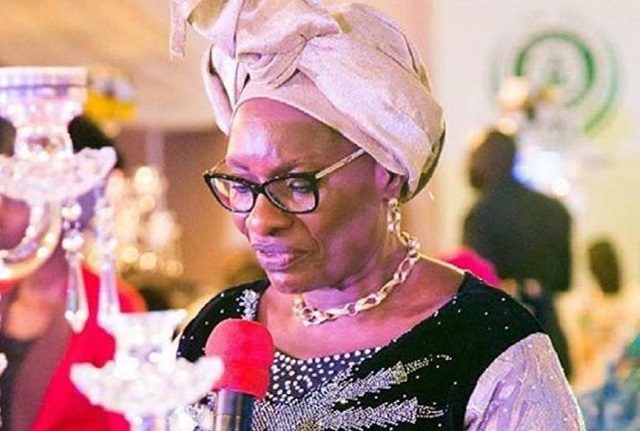By Joyce Remi-Babayeju
The Federal Ministry of Women Affairs in collaboration with the UN Women convened a two day National Stakeholders Consultative Workshop in Abuja for the development of Nigeria’s 3rd National Action Plan, NAP, on women, peace and security, WPS.
The Stakeholders Workshop created a forum to review and establish an acceptable framework that seeks to ensure that women’s needs, voices , perspectives also to prevent, resolve and recover from conflict and build sustainable peace agenda.
The two day stakeholders’ engagement was a platform to review Nigeria’s 2nd NAP, consisting of a summary of key results, best practices, challenges and lessons learnt; adopt a roadmap for the development of Nigeria’s 3rd NAP.
Other issues the stakeholders examined were emerging issues, priorities and strategies to enhance implementation, coordination, monitoring, evaluation and learnings.
Furthermore, a 10-Member Technical Working Committee (TWC) was set up for technical support, guidance and advice for the development of Nigeria’s 3rd NAP inaugurated.
The Nigerian Government launched the 1st NAP on August 2013 and the 2nd NAP on May 2017 to address the issues of women, peace and security issues in Nigeria in tandem with global momentum with a supporting policy document developed through the Federal Ministry of Women Affairs with support from the UN Women, European Union, and DFID’s Nigeria Stability and Reconciliation Programme (NSRP).
The Women, Peace , Security, WPS, hinges on is the United Nations Security Council Resolution (UNSCR) 1325, unanimously passed by the Security Council on 31st October 2000, is the first of several Resolutions on “Women, Peace and Security” (WPS).
The UN WPS recognizes that armed conflict imparts on women differently from men and demands engendering the protection of women and girls during armed conflicts and post- conflict situations.
So far NAP has gained local momentum as stakeholders have developed and implemented State Action Plan, SAPs in 15 states. The including Adamawa, Bayelsa, Borno, Bauchi, Benue, Delta, Nasarawa, Gombe, Kaduna, Kano, Kogi, Kwara, Plateau, Rivers and Yobe states.
The above is in addition to annual budget allocation for SAP implementation by some state governments and the inauguration of NAP and SAPs Implementation and Monitoring Committees. Moreover, several functional WPS groups and networks were established, including WPS Networks, Women Mediation Networks, Women Peace Mentors, Media Networks and HeForShe Networks of Male Gender Champions, thereby increasing local ownership and support for the WPS agenda.
NAP iinfluenced increased representation of women in decision-making positions, including peace and security processes in some states of Nigeria, including Adamawa, Gombe and Plateau and it influenced traditional institutions in these states in addressing discriminatory cultural practices and norms that exclude women in decision-making positions, in peace and security.
Furthermore Adamawa and Plateau states now have 486 and 107 women as Members/Advisers in Traditional Council, respectively. In contrast, Gombe has 246 from a baseline of 40.
Localization of UNSCR 1325 in Nigeria so far birthed
Nigeria’s 2nd NAP covers 2017-2020, and the government is obliged to develop the 3rd NAP, which is long overdue.

Leave a Reply